From APTN link to article by Tamara Pimentel, November 24, 2018
A group from various First Nation communities take notes as they walk along the rows of plants inside the Boaz Cultivation, a cannabis growing facility in Calgary.
The goal of the tour is to gather as much information as possible and bring it back to their communities.
“The stigmatism around cannabis is slowly starting to dissipate from the chief and council level,” said Jen Shaw from the Chapleau First Nation in Ontario.
“What I think is the first step was to gather the information and bring it back to the community and then see where we go from there.”
The tour is part of a larger gathering of Indigenous representatives in Treaty 7 for the very first National Indigenous Cannabis and Hemp Conference hosted by the Tsuut’ina Nation.
“The social, economic and health benefits will have an impact on each of our communities for generations to come,” said Tsuut’ina Chief Lee Crowchild in a release.
“It’s important that we are fully informed as to how the legalization of cannabis will affect our communities.”
The three day conference heard from Indigenous experts from the medical, legal and business communities and finished off with tours of different operations.
Shaw said her community is in need of cannabis for medical reasons.
“CBD is going to be such a huge things for a lot of our members,” she said. “With instances of diabetes, arthritis. I think mental health is going to be a big thing. We have so many of our youth, so many of our adults, all of the residential school affects.
“There’s people that are suffering right now.”
Brady Plant from the Wahnapitae First Nation says there are two dispensaries nearby that his community doesn’t benefit from.
“The numbers that they make in sales there is absolutely ridiculous”, he said, “The potential for the community is it can literally change everything. It can support our whole economy.”
Plant said the conference is an eye opener as to what is possible for First Nations when it comes to cannabis and says a smaller version of the Boaz Facility is a possibility for all First Nations communities.


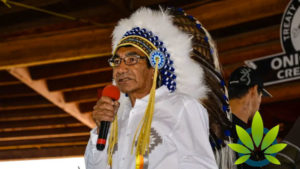





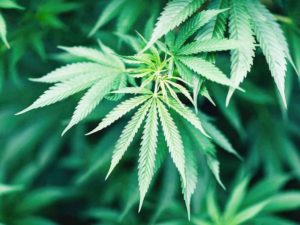
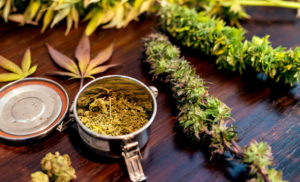
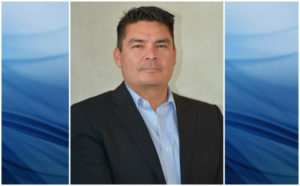
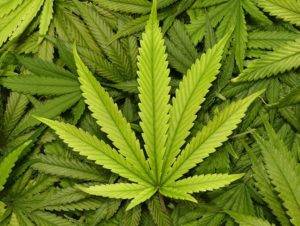



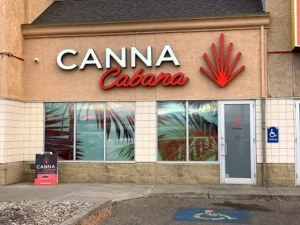
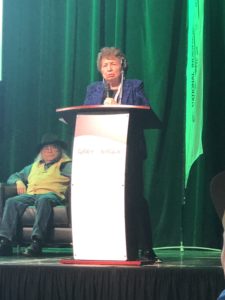
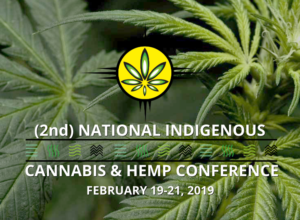
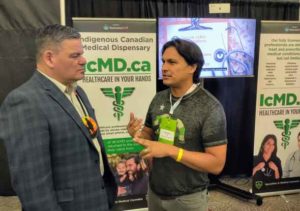


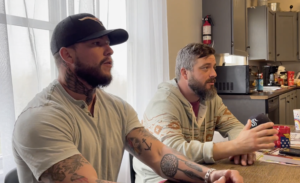


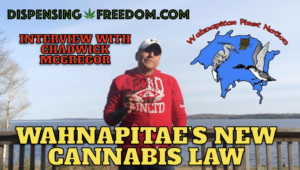
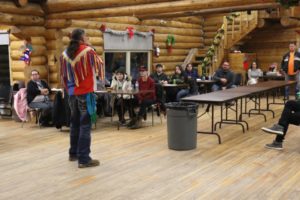
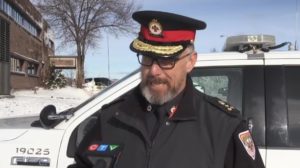
Comments are closed.